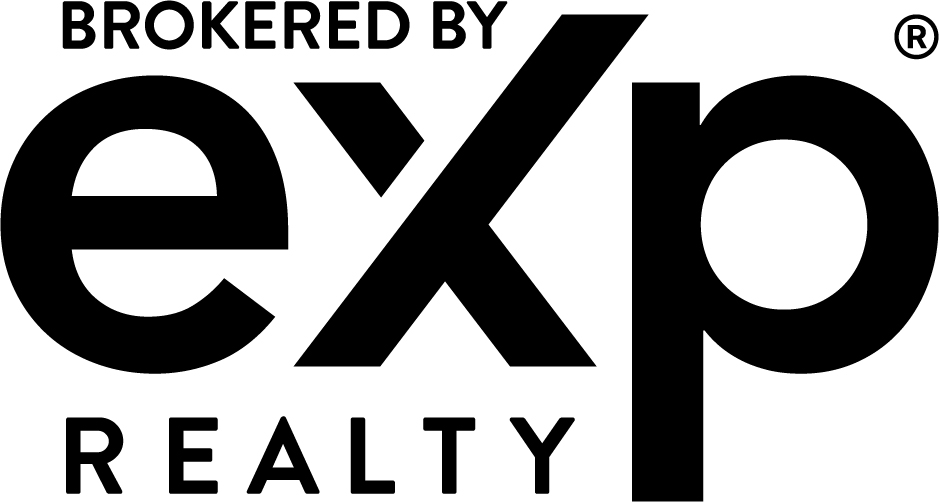When buying a home, most people dream of cozy family dinners, warm winter nights, and cool summer afternoons. However, homeownership comes with its share of responsibilities, and HVAC maintenance should be high on that list. Beyond comfort, neglecting your heating, ventilation, and air conditioning (HVAC) system can lead to significant health concerns, costly repairs, and premature system failure. Understanding the importance of routine maintenance, the lifespan of an HVAC system, and when to replace it are essential steps toward safeguarding your investment and health.
HVAC Maintenance and Health Risks if Neglected
Your HVAC system is responsible for circulating air throughout your home. When it isn’t cleaned or serviced on a regular basis, it can become a breeding ground for dust, mold, bacteria, and other harmful contaminants. If you don’t have a HVAC maintenance plan, here are some of the key health risks you and your family may face:
- Poor Indoor Air Quality (IAQ): Dust, pet dander, and pollen can accumulate in your HVAC filters and ductwork. When these contaminants are recirculated through your home, they can trigger allergies, asthma, and other respiratory issues.
- Mold Growth: Condensation from your air conditioning system can lead to moisture buildup in ducts or on cooling coils. If not cleaned, this creates the perfect environment for mold growth. Mold spores in the air can cause respiratory infections, skin irritation, and worsen conditions like bronchitis. And don’t get me started on black mold.
- Carbon Monoxide Leaks: A poorly maintained furnace or heat exchanger can develop cracks, leading to dangerous carbon monoxide leaks. This odorless, colorless gas is highly toxic and can cause headaches, dizziness, or even death in severe cases.
- Increased Risk of Illness: Bacteria and viruses can thrive in dirty HVAC systems, spreading airborne illnesses throughout your home. This can lead to frequent colds, flu-like symptoms, and other health problems.
By scheduling regular HVAC maintenance, you can reduce these risks and create a healthier living environment.

HVAC Maintenance and the longevity of your System
The lifespan of an HVAC system typically ranges from 10 to 20 years, depending on the type of system, usage, and how well it has been maintained. For example:
- Air Conditioners: Last 10 to 15 years.
- Furnaces: Last 15 to 20 years.
- Heat Pumps: Last 10 to 15 years.
In South Florida there is more environmental stress on these systems. So your HVAC maintenance plan must become routine in your household. To obtain those years above, be strict with this.
Routine HVAC maintenance, such as replacing filters, cleaning ductwork, and inspecting components, can extend the life of your HVAC system. Neglecting these tasks can lead to premature failure and costly repairs.
When to Replace Your HVAC System
Even with a good HVAC maintenance plan, things can break down. Knowing when to replace your HVAC system can save you from unexpected breakdowns and inefficient performance. Here are some signs it’s time for a new system:
- Frequent Repairs: If you find yourself calling a technician multiple times a year, the cost of repairs can quickly outweigh the cost of a new system.
- High Energy Bills: Older HVAC systems are less energy-efficient, leading to higher utility bills. Upgrading to a modern, energy-efficient system can save you money in the long run.
- Uneven Temperatures: If some rooms in your home are too hot while others are too cold, your HVAC system may no longer be functioning properly.
- Age of the System: If your HVAC system is nearing the end of its expected lifespan, it’s wise to start planning for a replacement before it fails.
- Noisy Operation: Unusual sounds like grinding, banging, or squealing can indicate serious problems that may not be worth repairing.
(If you’d like to learn about green real estate, energy efficiency and ideas that may keep your home healthy, have a look at this.
Tips for New Homeowners
As a new homeowner, understanding your HVAC system is crucial. Here are some tips to keep it running efficiently:
- Change Filters Regularly: Replace air filters every 1-3 months to maintain good airflow and prevent contaminants from building up.
- Schedule Annual Maintenance: Hire a professional technician to inspect and service your HVAC system at least once a year. This can prevent small issues from becoming major problems.
- Seal Ducts: Leaky ducts can cause up to 30% of conditioned air to escape, reducing efficiency and increasing energy costs.
- Invest in a Programmable Thermostat: A smart thermostat can help you manage energy usage by automatically adjusting temperatures based on your schedule.
- Keep Outdoor Units Clear: Ensure the area around your outdoor condenser unit is free of debris, leaves, and vegetation to maintain proper airflow.
Conclusion
Your HVAC maintenance is about more than comfort—it’s a matter of health and safety. By understanding the potential health risks of neglect, knowing the lifespan of your system, and recognizing when to replace it, you can make informed decisions as a homeowner. Regular HVAC maintenance not only ensures a healthier home but also protects your investment and keeps your energy bills in check. For any homeowner, an efficient and well-maintained HVAC system is the cornerstone of a happy, healthy home.






